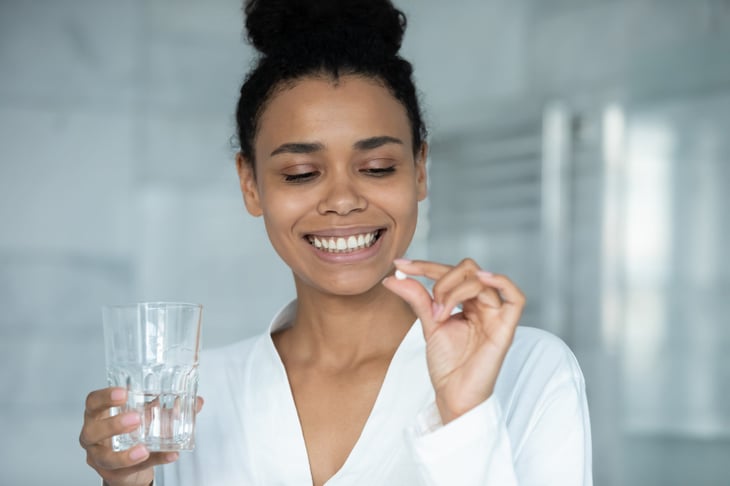While some one-percenters may take pride in transfusing their teenage son’s blood to slow down their aging, you don’t have to go quite that far. There are minor changes known to slow the damage of time.
Although these lifestyle changes may not reverse wrinkles, they slow down biological aging — and therefore potentially improve your longevity, health and quality of life. Biological aging is a measure of the condition of various cells in the body rather than your chronological time spent on Earth.
So, how exactly do you slow time on a cellular level? Here are a few science-backed methods.
Volunteer

Doing good for others does good for you.
Researchers at the Brown School at Washington University in St. Louis found that volunteering between 50 and 199 hours per year — or about one to four hours per week — led to slower aging and other health benefits.
The impact was more significant for retired individuals, but working individuals who volunteered also benefited from the practice.
Restrict your calories

You may have been given this tip for weight loss, but restricting calories has benefits beyond the scale.
A study from the National Institutes of Health concluded that even just a 12% reduction in calories has health benefits like delaying the progression of age-related diseases.
A lower caloric intake reduced inflammatory genes. Research has found that inflammation plays a big role in aging, so a reduction in the genes means less inflammation and better health.
Take an omega-3 supplement

Research published in the scientific journal Nature Aging found that, based on several measures of biological aging, taking an omega-3 supplement can slow aging by four months. This held true regardless of study participants’ gender, chronological age or body mass index.
Combining omega-3 supplements with vitamin D supplements was particularly effective based on one measure of biological aging, especially when combined with strength training.
Of course, you should always talk to your health care provider before starting any new supplement.
Follow the Mediterranean diet

The Mediterranean diet has been ranked as the No. 1 diet by U.S. News & World Report for years now. It’s proven to be a great option for those with arthritis, diabetes, inflammation and more.
Research published in the scientific journal BMC Medicine found it can also slow down the biological aging process. This is due in part to the Mediterranean diet’s higher levels of polyphenols, a type of micronutrient found in plant-based foods like Mankai (an aquatic plant in the duckweed family) and plant-based drinks like green tea.
Educate yourself

A higher level of education is associated with slower biological aging and a lower risk of death overall, according to research published by the American Medical Association.
Just two additional years of schooling was associated with a 2% to 3% reduction in aging. And slowing down the pace of aging was associated with an approximately 10% reduction in the risk of mortality.
It’s not a new discovery that those with additional education have a longer life expectancy, but this is the first study to point to slower biological aging.





